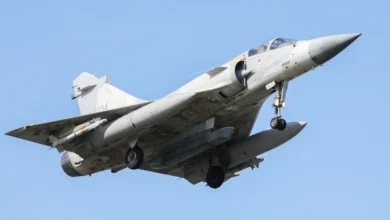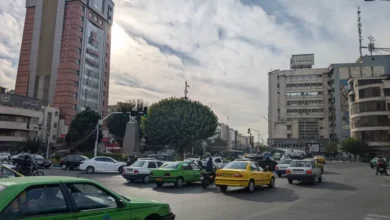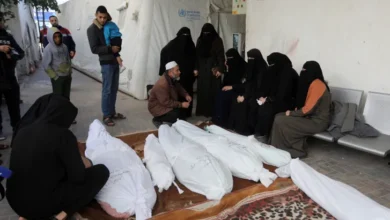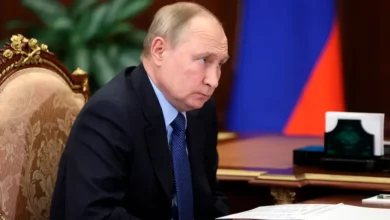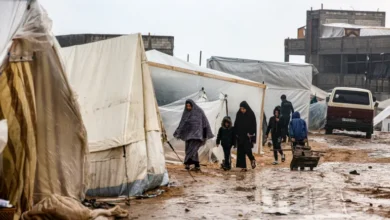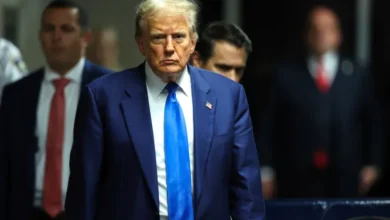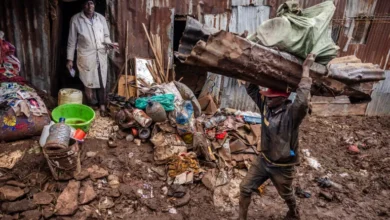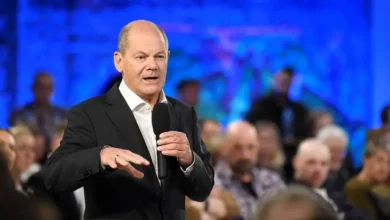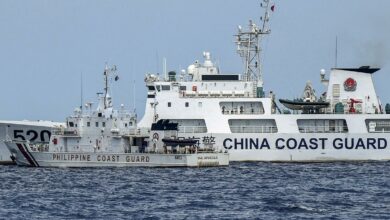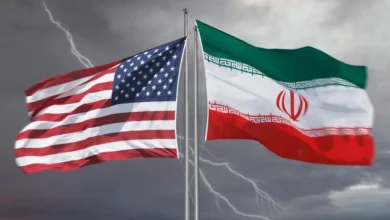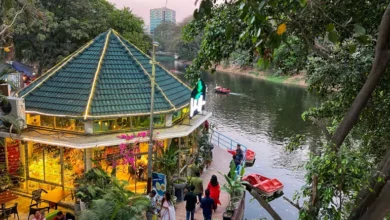Tall claims, modest gains as Philippines’s Marcos marks 1st year

Vehicle traffic around Metro Manila, the Philippine capital region, was uncharacteristically light on Monday but it was not because President Ferdinand “Bongbong” Marcos Jr was delivering his State of the Nation Address (SONA) to mark his first full year in office.
Operators and drivers of jeepneys – minibuses that are the country’s most common mode of public transportation – had threatened a strike to protest gaps in the government’s plan to phase out their vehicles, so Marcos cancelled school and work at public offices for the day.But neither the fate of jeepneys nor the country’s worsening transportation crisis figured in Marcos’s 75-minute speech in which he also tiptoed around other pressing controversies such as territorial disputes with countries around the South China Sea and investigations into the thousands of killings during his predecessor Rodrigo Duterte’s drug war.
Instead, Marcos described a country in rebirth and robust recovery from a socioeconomic slump that he blamed on the war in Ukraine and the COVID-19 pandemic, but that critics say was also a consequence of the tumultuous administration of Duterte, whom Marcos’s family had helped bring to power and who, in turn, paved the way for his presidency.
“I know that the state of the nation is sound and is improving. The ‘New Philippines’ has arrived,” Marcos capped off his speech, touting his administration’s new slogan, which he launched a week earlier.
It was a high final note to a speech that began with him acknowledging that inflation was thus far his administration’s “biggest problem”. Citing the downtrend in inflation that went from a 14-year high of 8.7 percent in January to 5.4 percent in June, Marcos said that “in spite of all the difficulties, we are transforming the economy. We are stabilising the prices of all critical commodities”.
There’s a rhetorical deftness to Marcos, observers told Al Jazeera, and it has buoyed his administration’s mediocre performance in the public’s perception, not least because of the contrast with Duterte’s disorderly rule and crude, dissonant messaging.
“We now have a president who’s more statesman-like, who knows how to deliver a speech in a presidential manner,” Joyce Ilas, co-convenor of the advocacy group Democracy Watch Philippines, told Al Jazeera.
It is a trait that has afforded Marcos “narrative control,” another analyst said, and which has enabled him to maintain high public trust and approval ratings of 82 percent in opinion polls, despite some severe economic problems Filipinos faced in the past year.
Popular despite crises
Inflation, as Marcos said, has been the biggest blight of his first year in office and opinion polls show it is also the top concern for most Filipinos, followed by low wages, unemployment and poverty. And yet, his popularity shows Marcos has successfully shielded himself from blame.“Slowing inflation means there is still inflation – food prices are still rising,” he said. At more than 40 pesos ($0.73) per kilogramme (2 pounds), rice, the country’s staple, is double the price Marcos promised during his campaign. Sugar sells for as much as 136 pesos ($2.50) per kg.
In December, a kg of onions – a key ingredient in many Filipino dishes – sold for as much as 800 pesos ($15). Marcos, who had appointed himself agriculture secretary, then ordered ill-timed imports that ended up competing with the local produce.
“There didn’t seem to be a sense of urgency [on Marcos’s part] in addressing inflation,” said Punongbayan, who described Marcos’s governance as “lazy”.
In his SONA, Marcos blamed inflation on “smugglers” and “hoarders” who he said were “manipulating the prices” of agricultural products. “We will hunt and prosecute them… Their days are numbered,” he said without going into detail.Economic cure-all?
Last week, Marcos signed a law to create a sovereign wealth fund called the Maharlika Investment Fund, which would pool “underutilised” funds from the Philippine Central Bank and two other state-owned banks meant to support industrial development and agriculture, to boost financial and economic investment in the country.
